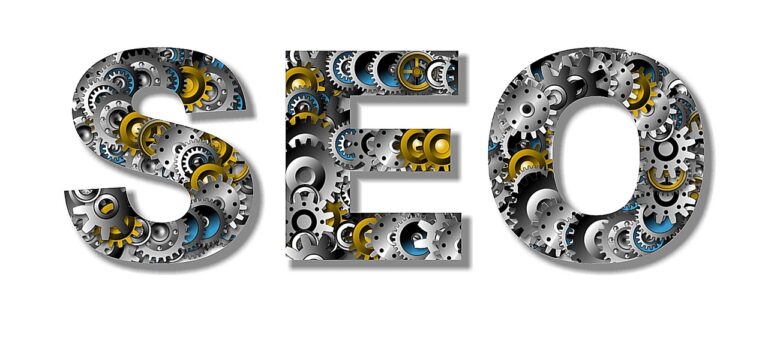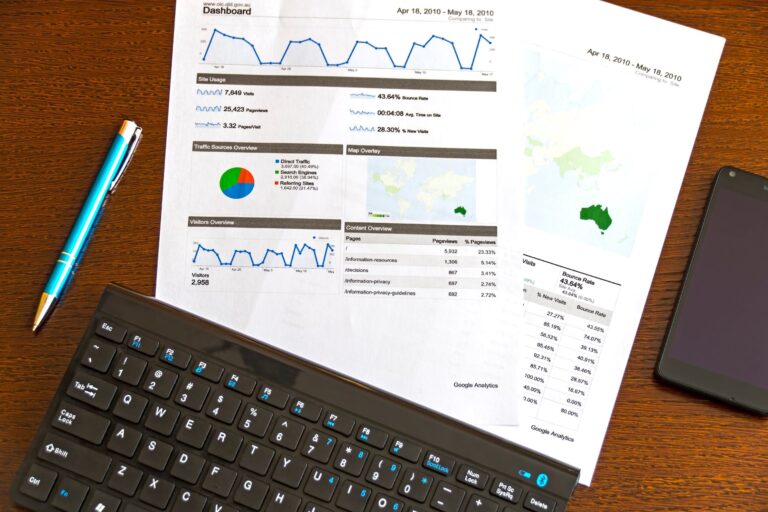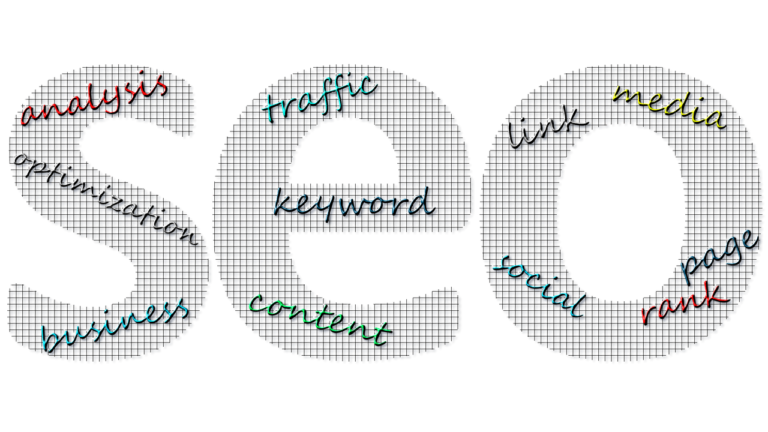Note: This Article is a Work-In-Progress and is subject to changes.
Table of Contents
What is SEO?
If you have a website or an online business, you’ve probably heard of SEO. But what is it, and why is it important? How can we use it to increase our traffic?
SEO means Search Engine Optimization
Search Engine Optimization is the process of improving the ranking of a website on search engines like Google, Yahoo, Bing, and more. When a user searches for something online, they’re served with a list of results. Search Engines rank these results based on relevance and credibility.
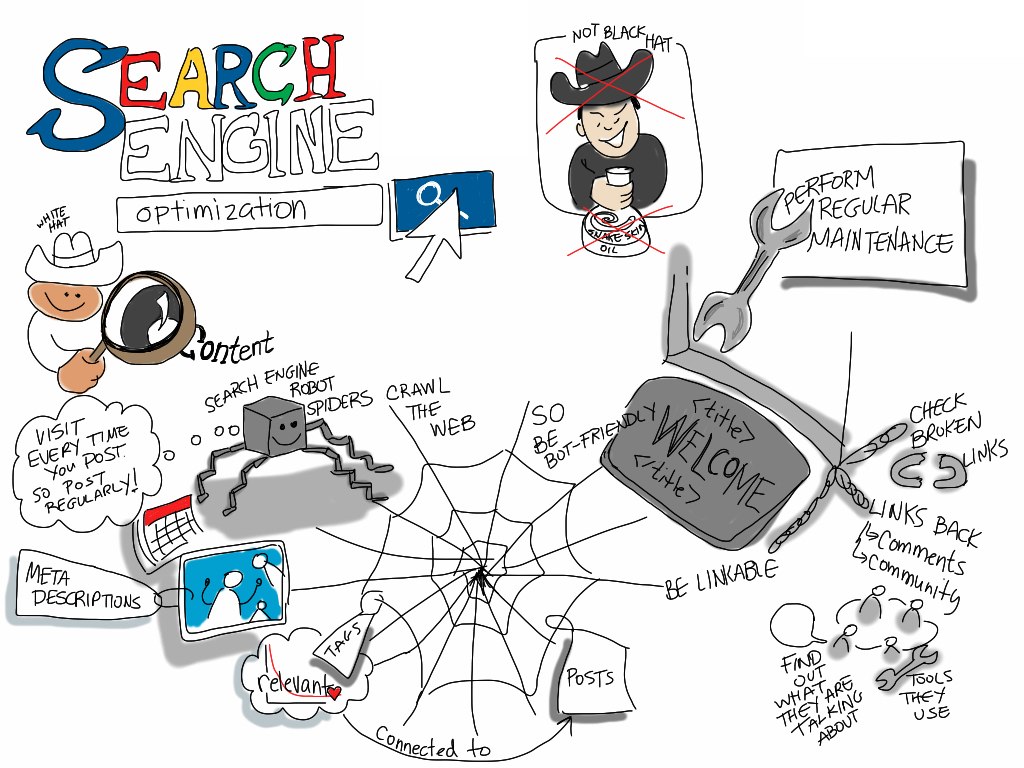
Why is SEO important?
Now that you know what SEO is, you’re probably wondering how important it is, and whether it’s worth learning more about or not.
Search Traffic is Consistent and Free
The higher your website ranks on Search Engines, the more traffic it will receive. Search Engine traffic is consistent and often increases over time as your website’s authority and credibility increase.
Optimizing your content for Search Engines increases your site’s ranking in search results
So how does SEO work?
So how do Search Engines determine which websites are the most relevant and credible? This is where SEO comes in.
There are two main types of SEO: On-Page SEO and Off-Page SEO
On-Page SEO
On-page SEO refers to the individual pages on your site and the content on each page.
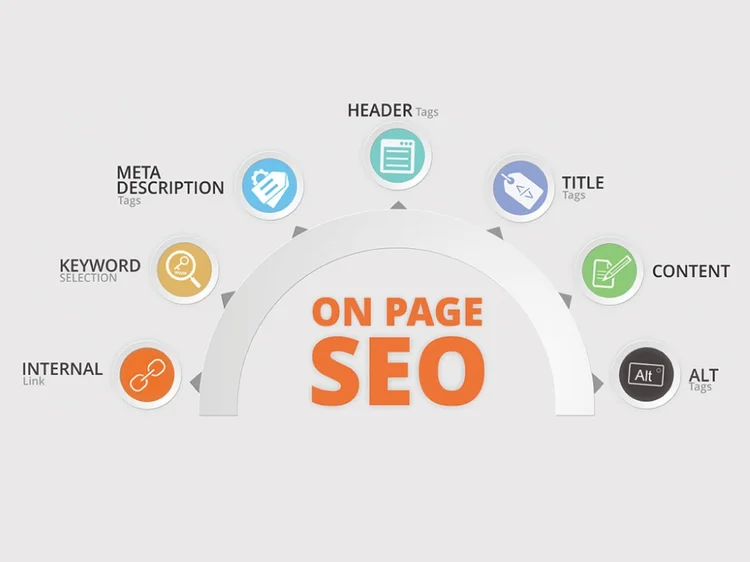
Making sure all of your website’s pages are correctly Optimized includes:
- Title Tags: The title tag is the name of the webpage as it appears in search results. It should be unique and include relevant keywords that help the search engine understand what the page is about.
- Meta Descriptions: The meta description is a brief summary of the webpage and its contents. It should be compelling and contain keywords that encourage users to click on this link. This will also appear in search engine results.
- Headings: Headings help divide the content on your webpage and make it easier to read. Your headings should include relevant keywords and be structured in a way that is readable.
- Content: The content on your pages should be High-Quality, informative, and useful. Your content should also include your relevant keywords. Google uses the content on your page to understand what your page is about and whether it’s relevant to the user’s search entry.
- Images: Using images can help make your content more engaging. All images should be optimized with Alt-Text(a brief description of the image) – and it also helps if their file names include keywords relevant to the images themselves.
- Internal Linking:
Off-Page SEO
Off-Page SEO means Optimizing your website’s presence and credibility on other websites.
Here are the main ways to do this:
- Backlinks: A backlink is a link from another website to yours. Search Engines view backlinks as a vote of confidence in the credibility and authority of your website. The higher the credibility of the website linking to you, the bigger the impact. Not all backlinks are created equal!
- Social Media: Having a strong presence on social media platforms like Facebook, Twitter and Instagram can help improve the visibility of your website and drive traffic to it.
- Online Reviews: Online reviews from customers are also a huge boost to your website’s authority. If your website has customers, it may help to encourage them to leave a positive review on a website such as Yelp or Google Reviews.
- Brand Mentions: Having your brand or website mentioned on other websites can improve your ranking – even if they are not directly linking to you, it can help improve the visibility of your website and increase the chances of getting backlinks.
That’s all for now!
If you have any questions feel free to leave a comment below.
Read more: What is an SEO strategy?

